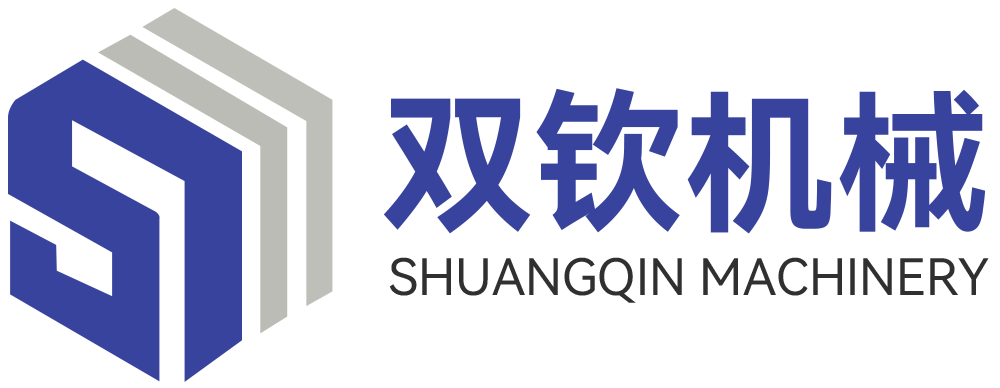FAQ
Q
What are the core products of Shuangqin Machinery? What materials are they mainly used for?
A
Q
What are the main differences between a three-screw extruder (SQJJ series) and a twin-screw extruder?
A
Q
How to choose extrusion equipment suitable for heat-sensitive materials (such as PVC)?
A
Q
What is the production capacity range of the equipment? What is the production capacity of small/large models?
A
Q
What does the after-sales service include? How long is the warranty period?
A
Q
Do you offer customized screw configuration services? Can it adapt to special process requirements?
A
Q
Does the electrical control system support automated production? What control methods are available?
A
Q
How can overseas customers get technical support? Are there any localized services?
A
Q
How to choose a granulation system? What is the difference between water-cooled strand and underwater pelletizing?
A
Q
Can you provide a trial service? Do I need to make an appointment in advance to visit the factory?
A

